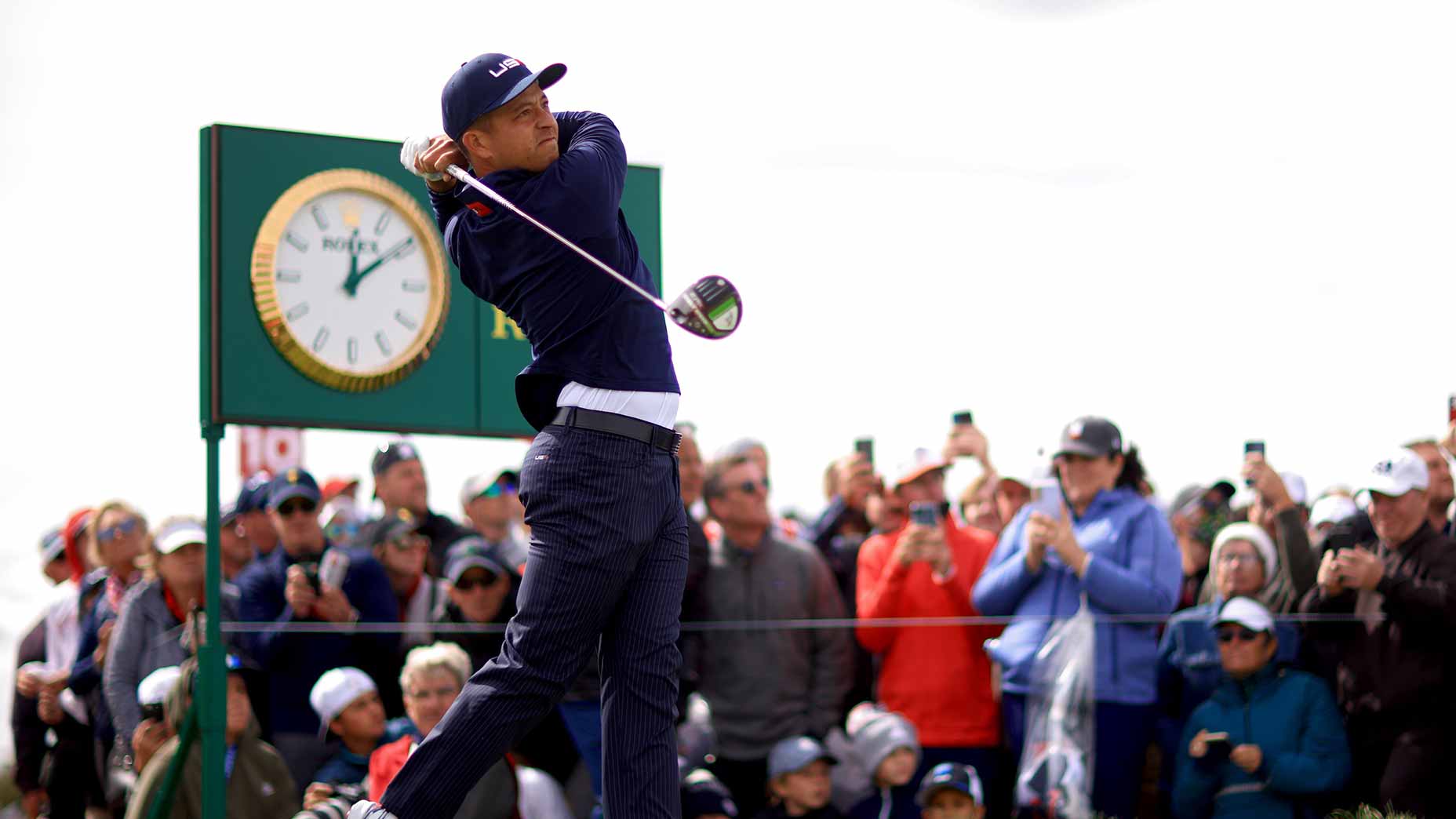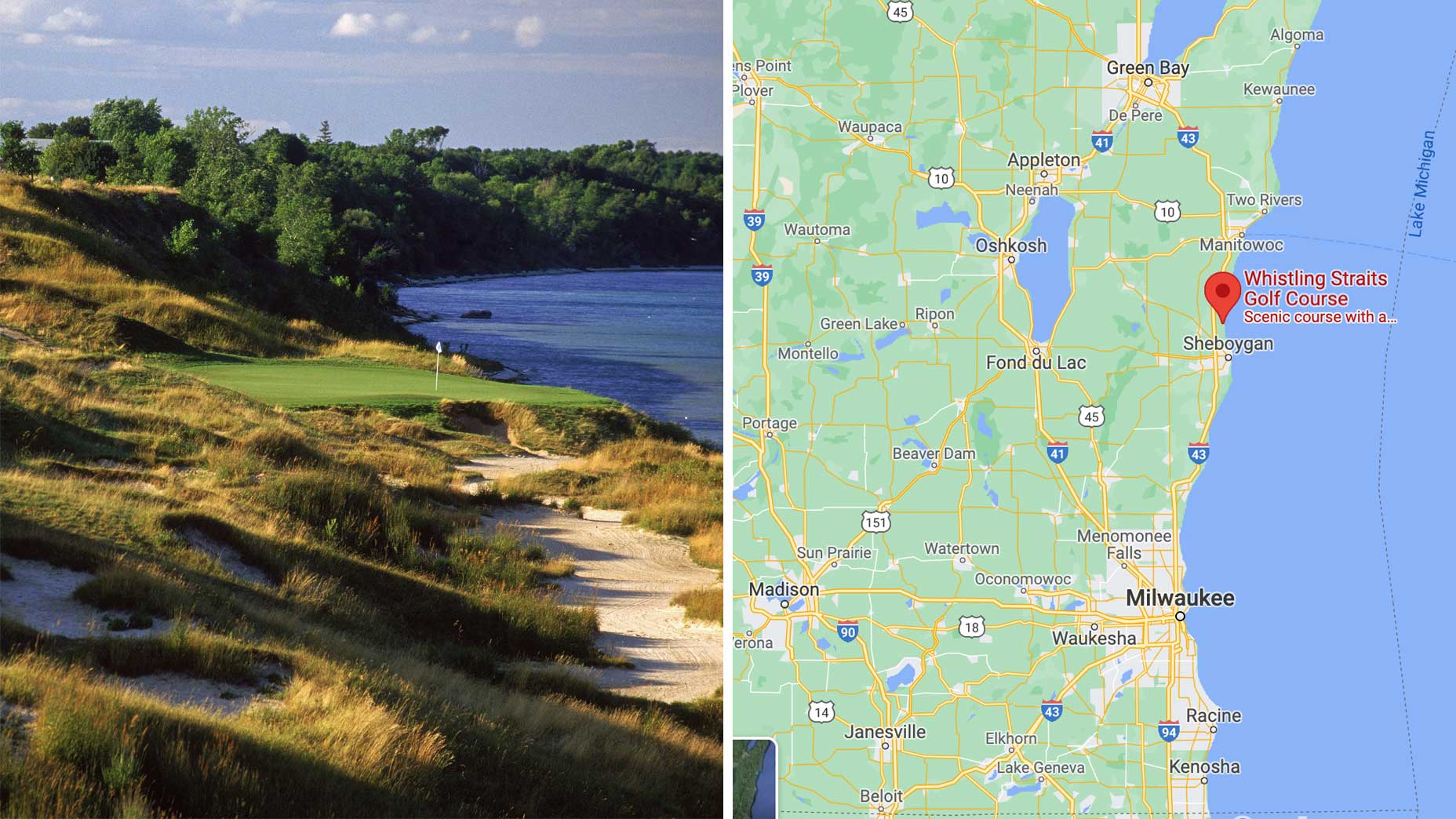
How do you make sense of the Ryder Cup format? We’re here to help.
Getty Images
The Ryder Cup is one of golf’s greatest traditions, and also one of its most confusing. For the golf diehards, understanding the tournament format and intricacies is no issue, but for those of us who watch more casually? Well, that’s a bit of a different story. After years of being coaxed to sleep by the gentle caress of strokeplay, it’s hard to turn one’s mind into the buzzsaw that is match play golf. But there is no need to fret. Below, we’ll break down everything you need to know in order to be your Ryder Cup watch party’s match play expert.
First, a refresher
The Ryder Cup is a match play tournament hosted every two years pitting a team of the best golfers in the United States against a team of the best golfers in Europe. The tournament has 28 matches broken out into three formats across five sessions (Friday morning and afternoon, Saturday morning and afternoon, and Sunday afternoon). That’s a lot of numbers, but the main math is simple. Each of the 28 matches is worth one point (in the situation of a tie, each side takes a half-point), and the first team to 14 1/2 points wins the cup.
So, how does it work?
Foursomes, or “alternate shot”
In this format, it’s two-vs.-two (two players from the European side, two from the American). Each team plays one ball, alternating shots between the two players until the ball has been holed. If scores are tied, the hole is halved (so no carryovers!).
In Foursomes, it’s key to find partners who balance each other’s strengths, as pairing strengths can compound problems between the two players.
In each foursomes session, four matches will be contested.
Four-ball
Another two-on-two format, but in this instance, there are four balls in play on every hole (hence the name). Each player plays their own ball into the hole, and the player with the lowest score of the group wins the hole for his team. If scores are tied, the hole is halved.
In each four-ball session, four matches will be contested.
Singles
A good, old-fashioned one-on-one. The player with the lowest score on each hole wins the hole. All twelve players in each team participate in this session, with each captain picking the order of players.








